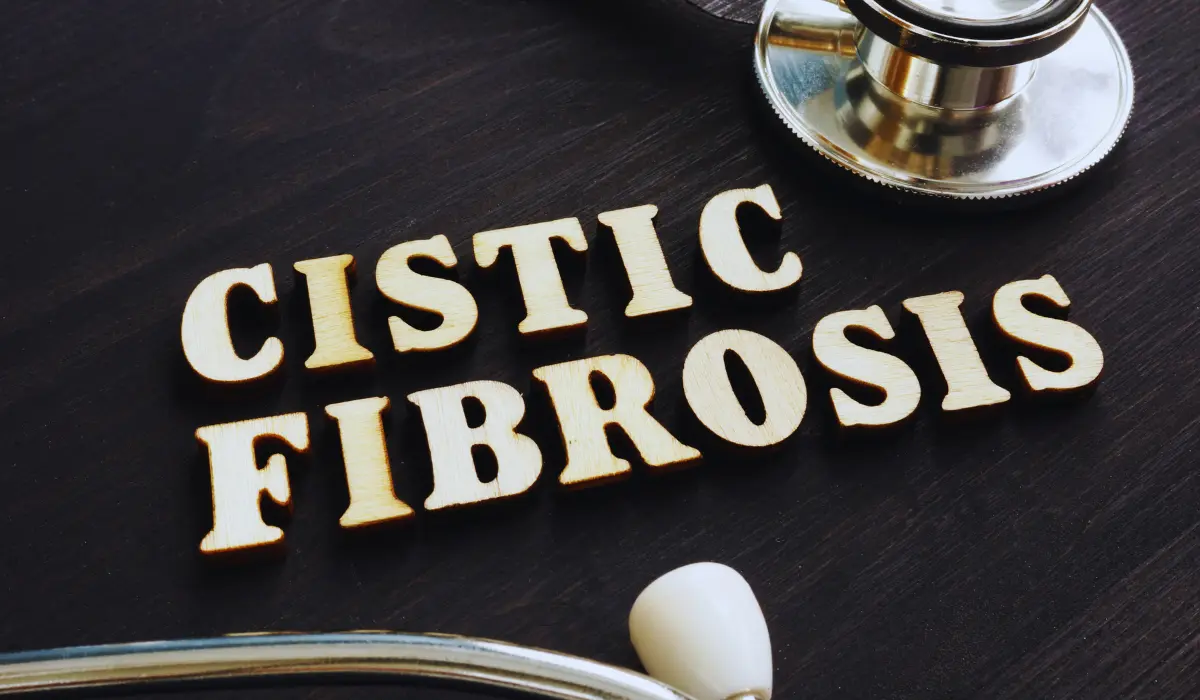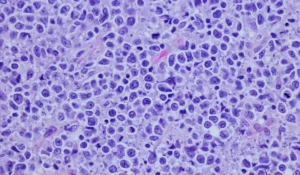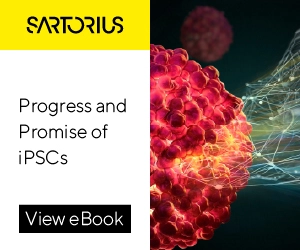4D Molecular Therapeutics recently shared some groundbreaking progress regarding 4D-710, their genetic medicine candidate for treating cystic fibrosis (CF) lung disease. Their research seeks to tackle an unmet need for individuals with CF who cannot benefit from or tolerate the existing modulator therapies. With promising preliminary data, interactions with regulatory authorities, and strategic clinical planning, the company is poised to redefine CF treatment.
Cystic fibrosis, a progressive and inherited condition, damages the lungs due to mutations in the CFTR gene, leading to inflammation, infections, and eventual respiratory failure. 4D-710 is formulated with a specific genetic vector, A101, that aims to deliver an optimized CFTR∆R transgene into lung cells via aerosol. This therapy strives to restore CFTR protein levels, thus improving lung function. The research holds particular promise for the 10-15% of individuals whose CF cannot be managed through existing modulators.
The AEROW clinical trial, currently in Phase 1/2, is exploring various doses of 4D-710 in patients with CF. Nine individuals have been enrolled across four dosage levels, with initial data suggesting high levels of CFTR expression throughout lung airway biopsies. The ongoing study is expected to reveal more data at the European Cystic Fibrosis Conference in Glasgow. Here, the research team plans to present clinical insights into the therapy’s safety, biomarker response, and potential dose adjustments. They are confident that further refining their dosage will yield optimal results.
After consulting with both the U.S. Food and Drug Administration (FDA) and European Medicines Agency (EMA), 4DMT has outlined a clear path for developing and securing regulatory approval. Their pivotal Phase 3 trial will evaluate the therapy’s effectiveness in patients with significantly compromised lung function. They will analyze improvements in lung performance, quality of life, and exacerbation frequency, while preparing for the trial’s commencement in the second half of 2025.
Moreover, this gene therapy represents a potential breakthrough for patients worldwide due to its possible accelerated approval pathway, targeting those most in need. The team is also developing scalable manufacturing processes to meet future commercial demands efficiently.
In summary, 4D-710 promises to be a transformative therapy for cystic fibrosis lung disease, combining cutting-edge genetic engineering with patient-centered regulatory planning. The potential to improve the lives of thousands of individuals suffering from this condition underscores its remarkable value to the medical field and CF community.





